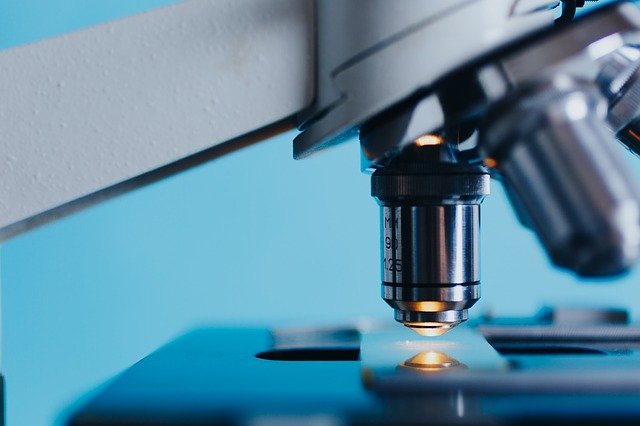The age at which you are considered an adult differs around the world, but emerging research into the developing brain suggests we may have got the concept of adulthood all wrong. When do we really become a grown-up?
Boone Rodriguez/gallery stock
AS A woman in my mid-30s, I look very much like a grown-up. I have a career, a home and a husband; I have deliberated over and purchased a dishwasher, a washing machine and a fridge. Judge me by my white goods, and I tick all the boxes.
But when, one Saturday, I opened my kitchen bin to find the lid heaving with maggots, I felt totally helpless. So I called my mum. It was a crushing realisation: I may look like a grown-up, but I didn’t feel like one. It got me thinking, if a house and a spouse don’t make an adult, what does?
If you go by traditional milestones, people in the West seem to be growing up later than ever. The age of the average first-time home buyer in the UK has risen by seven years over the past six decades. In the US, the average age of a first marriage increased by about eight years over the same period. And the proportion of women in Australia having their first child when over the age of 30 more than doubled between 1991 and 2019.
Yet according to UK law, the answer is straightforward: an adult is anyone who is 18 or older. This age determines so much, from whether you can vote and how you can access the National Health Service (NHS) mental health services, to whether you can get a drink in a pub. It is hard to overstate the impact this definition can have on the lives of young people, which is why I wondered whether it needed a rethink. At what age do …

